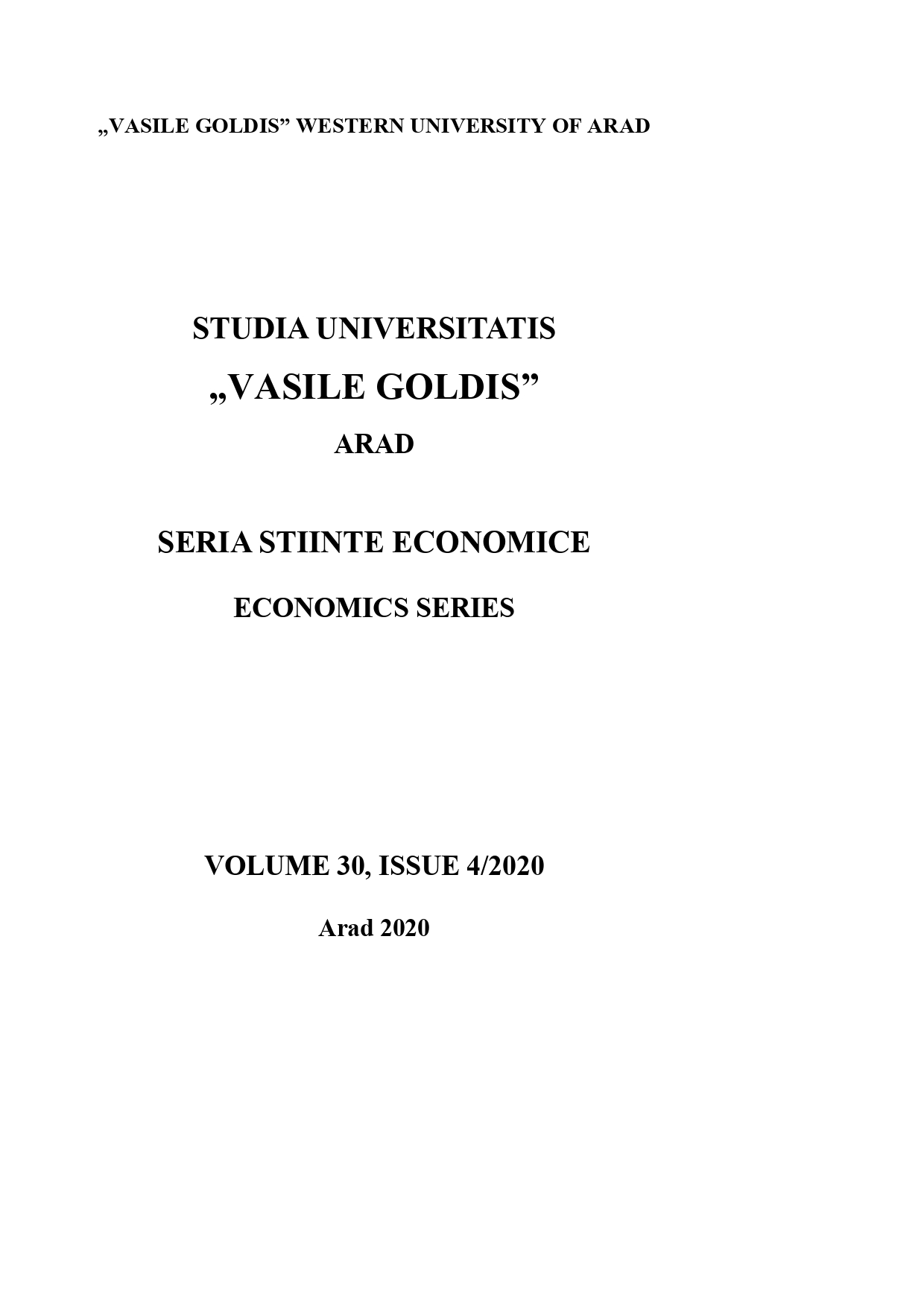CAUSALITY ANALYSIS OF DISAGGREGATED FDI INFLOWS ON SECTORIAL GROWTH IN OECD AREA
CAUSALITY ANALYSIS OF DISAGGREGATED FDI INFLOWS ON SECTORIAL GROWTH IN OECD AREA
Author(s): Lawrence Ogbeifun, Olatunji A. ShobandeSubject(s): Supranational / Global Economy
Published by: Editura Universităţii Vasile Goldiş
Keywords: Foreign direct investment; growth; panel data; causal analysis; fixed effect; OECD;
Summary/Abstract: This article revisits the link between disaggregated Foreign Direct Investment (FDI) inflows and sectorial growth using the panel dataset of 25 Organisation for Economic Co-operation and Development (OECD) countries for the period 1990 to 2017. It adopted the panel fixed effect and Feasible Generalized Least Squares Approach in its analysis. The findings show that disaggregated FDI inflows have the potential to improve growth in the OECD area with adverse effects on domestic investment and inflationary pressure. Additionally, the results further indicate that disaggregated FDI inflows have a positive and significant relationship on the service and manufacturing sector but with no evidence shown on the agricultural industry. Thus, the study concludes that efficient reallocation of FDI resource(s) among sectors will not only boost output growth but also impact on the real economy. However, the necessary policy strategy to regulate this inflow is vital to mitigate its negative impact on domestic investment and inflation pressure.
Journal: Studia Universitatis Vasile Goldiş, Arad - Seria Ştiinţe Economice
- Issue Year: 30/2020
- Issue No: 4
- Page Range: 92-110
- Page Count: 19
- Language: English

